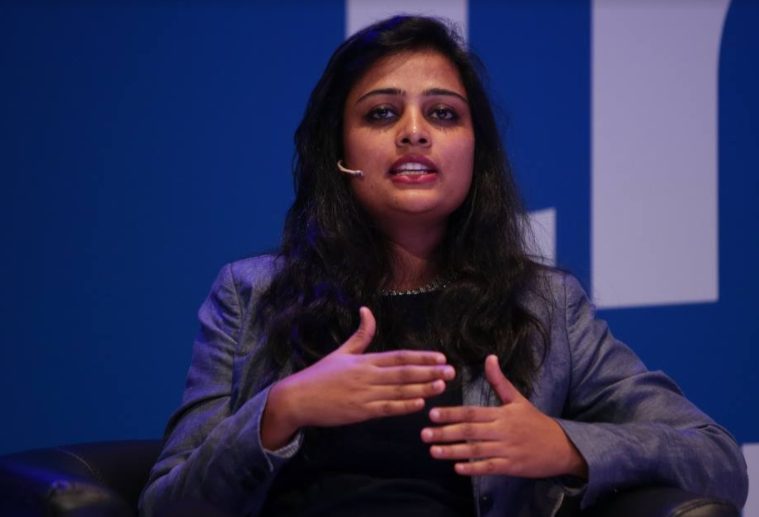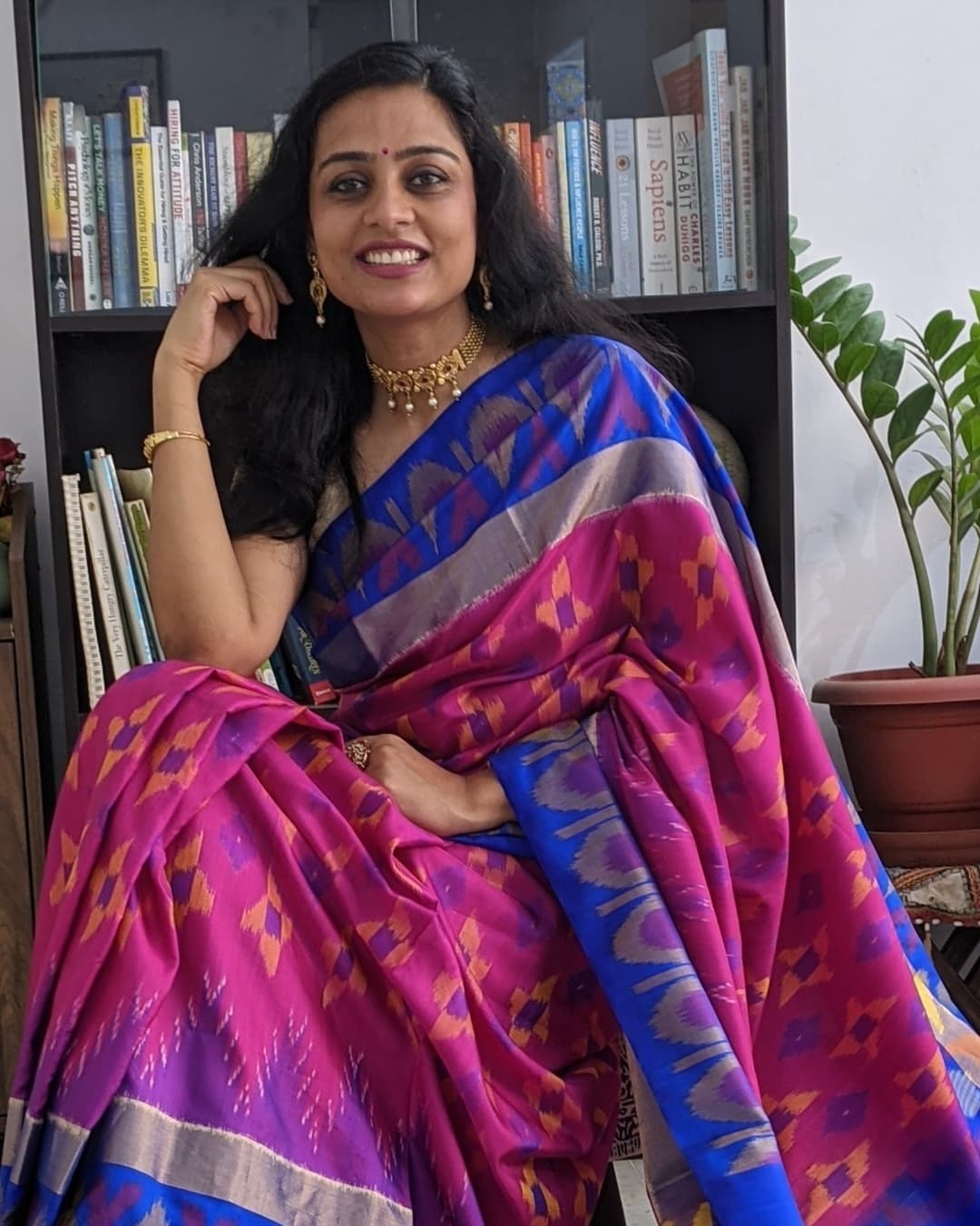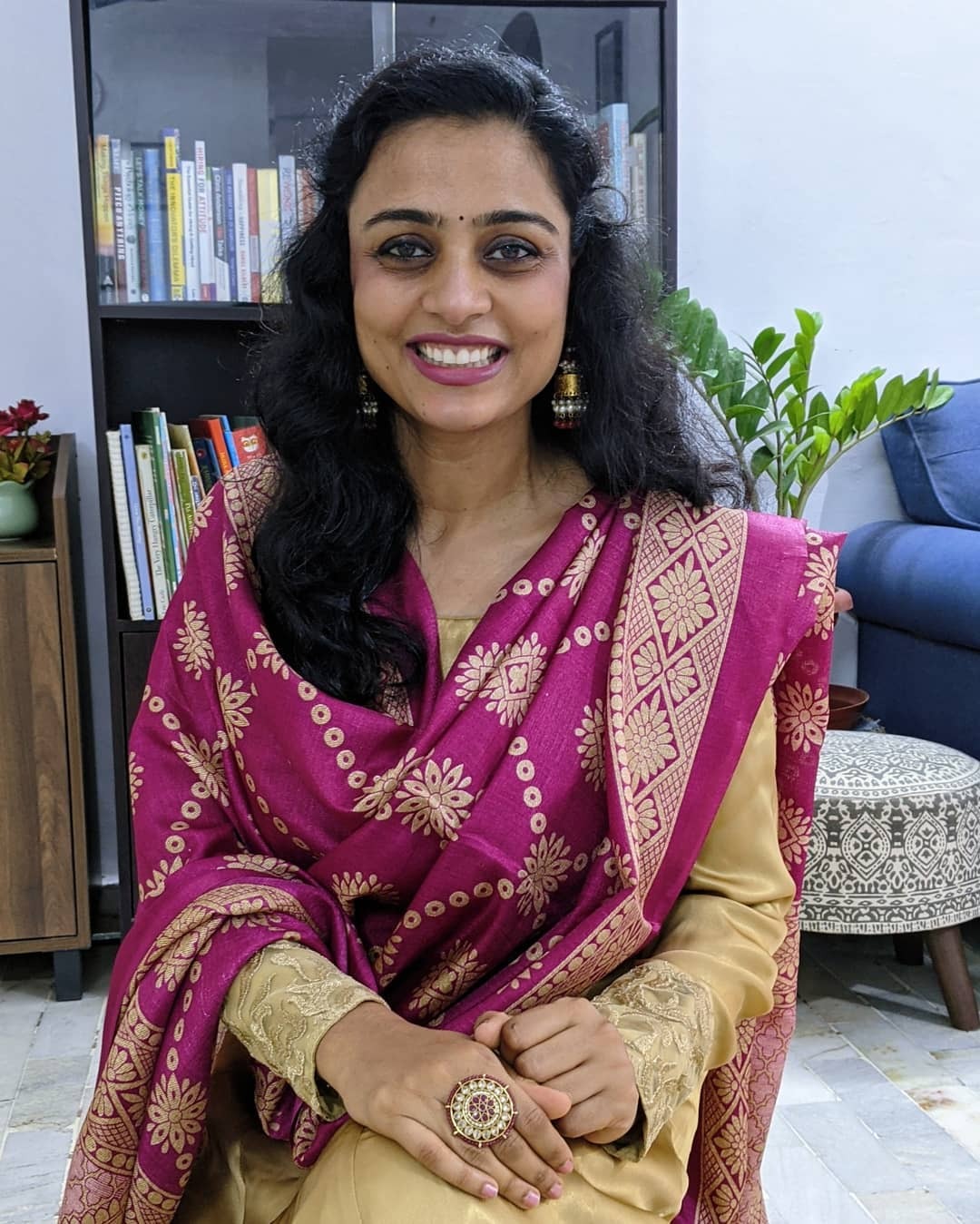Menstrupedia founder, Aditi Gupta, was clueless about menstruation when she got her first period at 12. Ironically, insead of being educated about the process, she was strictly instructed to keep it a secret. “Later in school, our biology teacher skipped the chapter on puberty and periods. I felt like it was sin,” she recollects. She could tell that something was wrong with the system, but it took Aditi an entire decade to comprehend the scale of the stigma. While working on a college project with her now husband Tuhin Paul, it hit her that she knew close to nothing about menstruation. This was after 13 years of menstruating herself! The couple wondered if they, being well educated, were so ill informed about periods—then how must it be for so many girls in India? The realisation eventually culminated into Menstrupedia, a comic specifically designed to fight the period stigma. Today, it is a part of the curriculum in over 11,000 Indian schools and is locally printed in eight different countries.
In 2012, when Aditi left her cushy job to focus on Menstrupedia, she had a clear vision in mind. Period education was severely lacking in India, and most awareness campaigns were focused on menstrual hygiene and product distribution. No one was targeting the core problem—the cultural stigma around menstruation. With Menstrupedia, she redirected the conversation by promoting culturally sensitive educational tools on the menstrual cycle. They transformed the revulsion into respect, and the impact today is loud and clear. The first batch of girls who learned from Menstrupedia have themselves become menstrual educators now.

Aditi has managed to create a self-sufficient community with Menstrupedia, and is eyeing new goals now. Gulu, a book on boys puberty is on the cards. It addresses difficult conversations like masculinity, addiction, bullying. “We want to fix the broken sex education scenario in India,” Aditi says.
It is commendable that Aditi along with her team has managed to sustain a financially lucrative business while aiming at social change with Menstrupedia.
It is this conviction that has enabled Aditi to catch the pulse of the problem and leave an indelible mark on the menstrual education sector. With Menstrupedia, she has created a legacy and a success story and we’re thrilled to share in our #POPxoWomenWhoWin series. In a candid chat with POPxo, Aditi talks about her experience with menstrual stigma and how it fuelled her to start Menstrupedia. Excerpts below:
How do you begin your day?

I am a 5 am person. I start my day very early. My morning ritual includes meditation, then I work on my to-do list and then go for my workout. Along with that, I listen to audio books. Before the day actually starts, I spend a lot of quality time on myself and training my mind.
What does a typical workday look like for you?
Tuhin and I go to the office together with our 3 and half year old son and I start by finishing the biggest task in my to-do list ‘coz that is when I am the most energetic. This is followed by work calls and then I devote a good amount of time to new products and campaigns. Second half of the day is generally lighter work wise and I like to spend time with my son.
You quit your cushy job to start Menstrupedia. What was the driving force?

We started Menstrupedia because of our personal experience of the menstrual stigma. I was 12 when I got my first period. I was told to keep it a secret from others, even from my father and brother as if it was some kind of unspeakable sin. But the worst thing that it brought into my life was the endless restrictions. And it was not just my story. It was the story of millions of girls in India who suffer due to menstrual taboos and myths. As for Tuhin, it was only during his Masters that he actually learned about the discomfort that a woman feels during menstruation. We knew that there was a huge gap that had to be addressed.
What has been your biggest learning in the journey?

My biggest learning has been that period education remains largely unexplored. We don’t talk about menstruation and because of the taboo we are unaware of the size of the market and the size of the problem. That is why we have a dearth of products and services. Teen health is unexplored in India and sex education is a mess. We made Menstrupedia for the Indian audience but the fact that the same version of the book is locally printed in eight diverse counties is proof that so much needs to be done in terms of period education across the world.
A mantra that you swear by in your professional and/or personal life?

Maya Angeloue once said, “Each time a woman stands up for herself, without knowing it possibly, without claiming it, she stands up for all women!” I believe in it wholeheartedly and never miss a chance of standing up for myself ‘coz I know that I am not doing it just for myself.
According to you, what has helped Menstrupedia truly stand out?
Menstrupedia actually changed the paradigm. For the first time ever, it proved to people that it was possible to talk positively about periods. Ten years ago when Menstrupedia did not exist, there used to be a lot of negative conversations around menstruation. Back then, it had not become a trendy topic. There was absolutely nothing for the Indian market and parents to teach their girls about periods. With Menstrupedia, we empowered people to initiate that conversation. We changed people’s mindsets and actually brought an attitudinal change.
What is happening right now is that those girls who read the book back when we first started have become menstrual educators now. The collective wisdom around menstruation has changed because of Menstrupedia’s work.
What would you say has been the biggest turning point in your career?

The biggest turning point was to leave my job and choose entrepreneurship. It has been magical, it has been exhilarating, it has been all kinds of regarding. That said, it has also been a very challenging journey and finding the right partner has been a crucial career move as well, perhaps the most important one. I am married to the co-founder Tuhin Paul. My life’s missions are associated with how much we love each other, how we drive Menstrupedia together with both the perspectives of a man and a woman. So the turning point has been partnering with Tuhin for that classroom project, turning it into a research project and full fledged company and growing it at a time when we were told that something like this is not going to work in India.
What are the skills or qualities that have helped you succeed?
I am a fast learner. This quality of learning unlearning and re leaving has helped me a lot. That said, I am also a very solid ethnographic researcher. I understand culture very deeply and have a good hold on understanding human behaviour and psychology and their association with societal norms and culture. This has helped me become very sensitive on a topic that was taboo In India. It helped me package menstrual education in a way that it could really be accepted. Lastly, I am a very brave person, underteterd, and hard working person. If I set my mind to something, be sure that I am going to make it happen.
What advice would you give to people considering a business that addresses social issues?

Always run it like a business. At the end of the day you deserve to have a good life but also you need to put all that surplus money back into the business and create more innovative solutions, leave a legacy, and leave this world a better place. I would suggest that you scratch your own itch and start with something that really bothers you. Do not fall for this pitfall of doing good over a profitable business. Don’t fall for the fallacy of creating an impact without making a good business model. Impact is created when you reach out to millions and millions of people because that is how big the Indian market is. This is why you have to be very solid with your business model even when you are solving a social problem.



